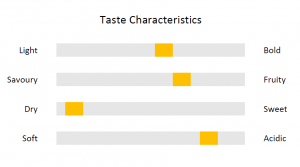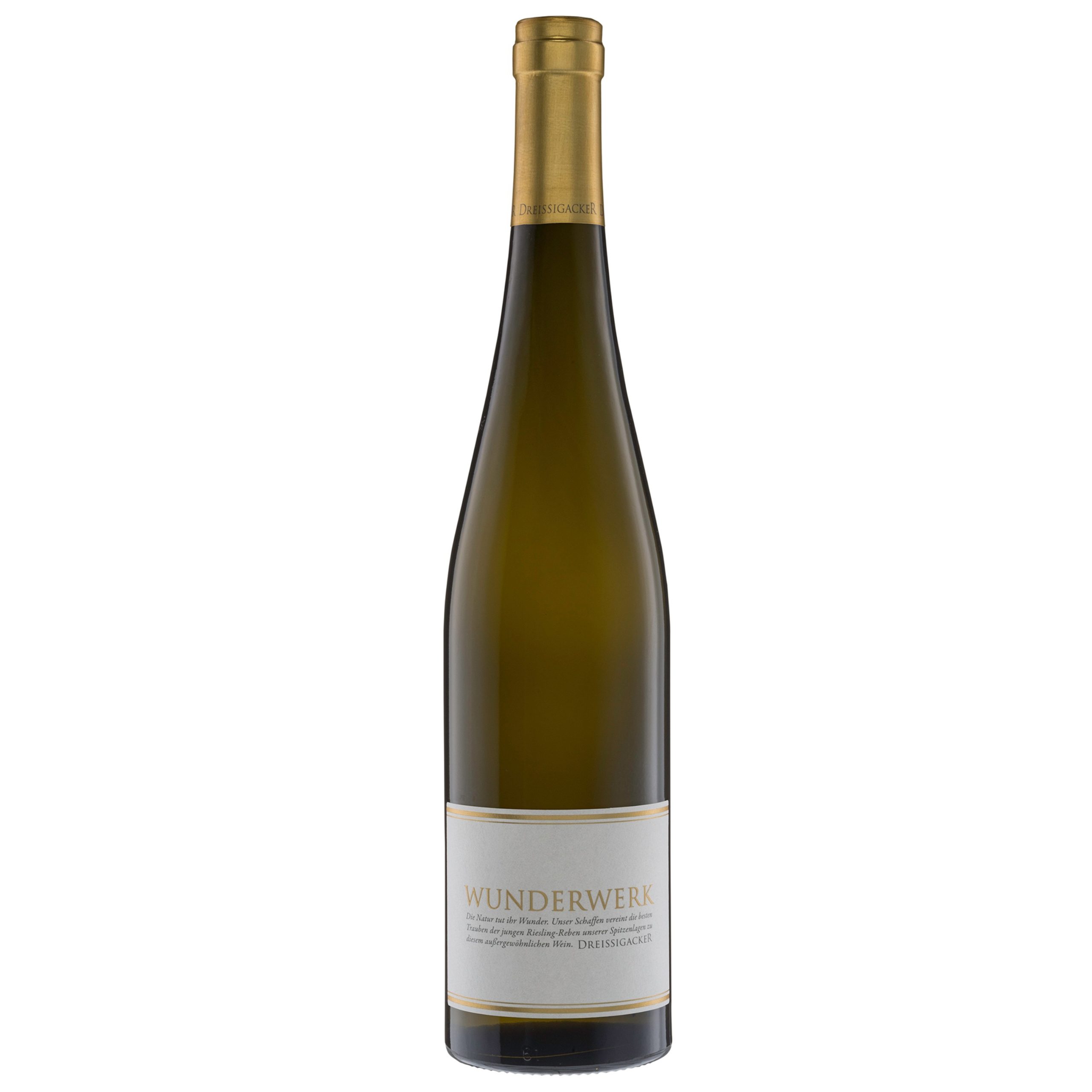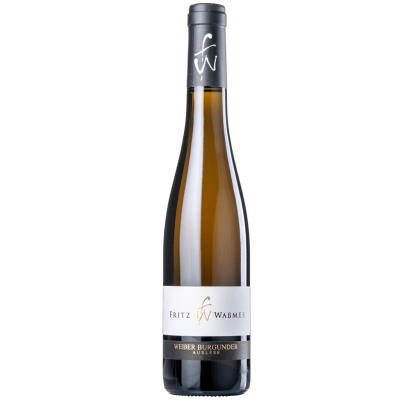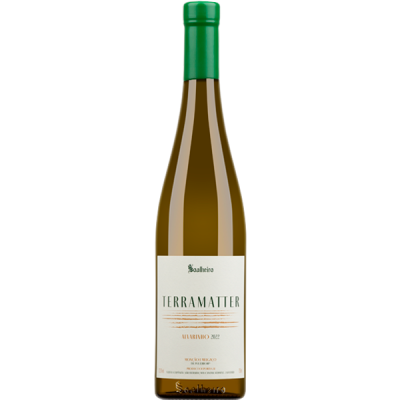Related products
Description
Vinification
The selectively hand-picked grapes for the Wunderwerk Riesling come from the biodynamically cultivated top vineyards of Bechtheim and Westhofen – Geyersberg, Kirchspiel and Morstein. Slightly crushed by feet and maceration up to 18 hours. Slowly pressed over several hours. Fermentation only with natural yeasts and matured in large oak barrels (30%) and stainless steel
(70%). One year on the yeast and another 4 years of storage after being bottled.
The yeast storage for one year and the storage in the bottle for another four years give this Riesling a special harmony and strength. The latter also comes from the aging in wood. This gives the wine additional depth and complexity. Fruit, complexity and the Riesling-typical acidity are emphasized by the expansion in stainless steel and complement each other wonderfully with the harmony of the portion expanded in wood.
Wine
This is not a typical Riesling, on the nose lime aromas are mixed with herbs and passion fruit. More conventional on the palate with ripe apples, apricot and pear dominating the flavours though accompanied by a herbal structure and a Riesling trademark minerality and high acidity.
Region
Rheinhessen is a very famous wine region in Germany, located in the state of Rhineland-Palatinate. It is one of the country’s 13 official wine regions and is known for its rich winemaking history and high-quality wines. Rheinhessen is the largest wine-producing region in Germany, covering an area of approximately 26,500 hectares of vineyards.
Rheinhessen lies to the west of the Rhine River and is bordered by the Nahe wine region to the northwest and the Pfalz wine region to the south. The region’s landscape is characterized by gently rolling hills and a temperate climate that is influenced by the river.
Climate & Terroir
Spring in Rheinhessen tends to be cool, which can be challenging for the early growth of grapevines. Frosts can occur in spring, posing a risk to the young buds.
Summers in Rheinhessen are generally warm, allowing the grapes to ripen and develop their flavors. However, the presence of the Rhine River and its cooling effect helps to prevent extreme heat waves.
The region benefits from a relatively long growing season, allowing the grapes to reach full maturity. This extended ripening period contributes to the development of complex flavors and balanced acidity in the wines.
The region’s moderate climate with warm days and cool nights in autumn is particularly favorable for the late ripening grape varieties like Riesling. This combination helps the grapes retain acidity while achieving sufficient sugar levels, leading to the production of high-quality wines.
Ideal drinking temperature 11° Celsius.




